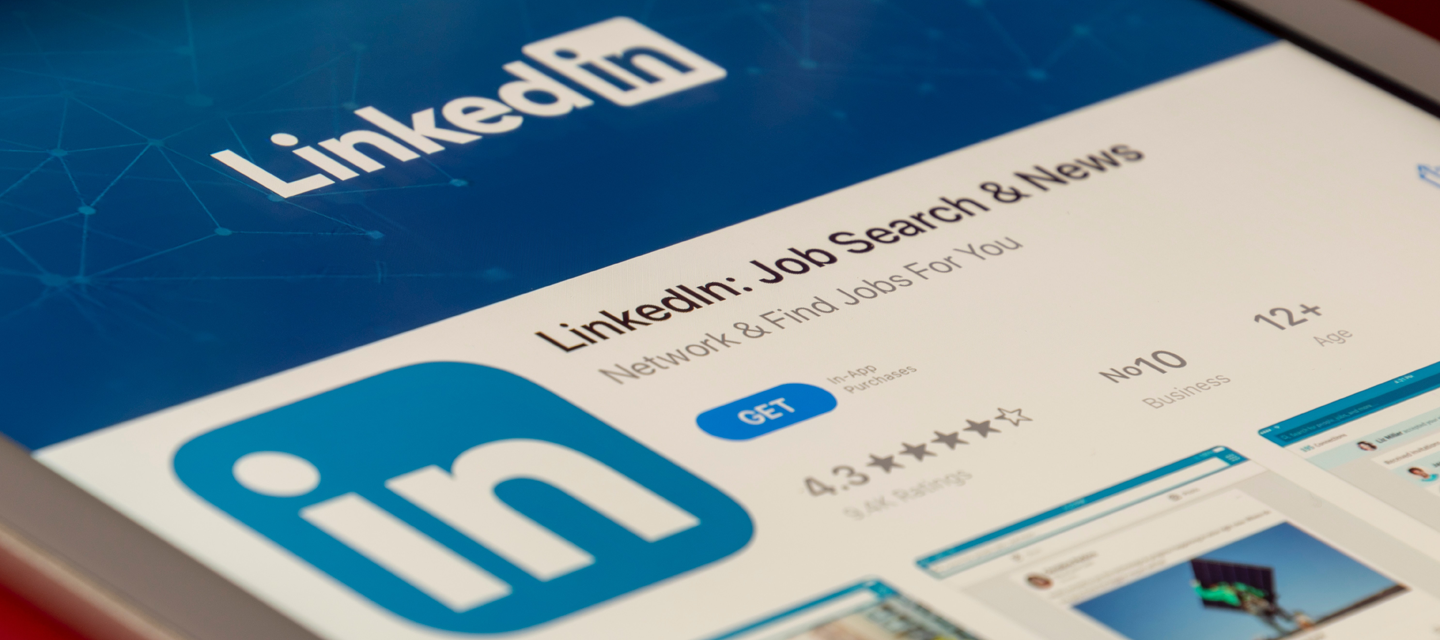How can you future proof your digital knowledge?
I’ve been a marketer at one of the top digital marketing agencies in London for several years and since …

I’ve been a marketer at one of the top digital marketing agencies in London for several years and since graduating in 2009, I’ve had the fortune of working within the industry across several channels and helping a range of clients in almost all sectors, each with completely different audiences and objectives.
One of the most challenging yet rewarding aspects of working in digital is the speed at which the industry moves. Let’s not forget that everyday social networks haven’t existed forever.
- Facebook launch date: 2004
- Current membership size: 1.55 billion active monthly users
- Twitter launch date: 2006
- Current membership size: 320 million active monthly users
- Instagram launch date: 2010
- Current membership size: 400 million active monthly users
- Snapchat launch date: 2011
- Current membership: Estimated 200 million active monthly users
The rise of wearable tech and the shift towards mobile over desktops also highlights the pace at which we’re seeing unprecedented change. 2015 marks the first year in which more searches are completed on a mobile device than a desktop.
All this change creates a plethora of new terms that you need to be au fait with – do you know your ecommerce from your mcommerce? Do you know the difference between your DSPs and DMPs? Or your CPCs from your CPMs?
45% of all ecommerce in the UK is now done on a mobile device and as a market, companies are missing out on £6.6 billion worth of revenue for not going mobile.
In such a fast paced changing world, it’s hard to know where to start to ensure you are keeping up with the digital landscape. It can feel as though what you knew two days ago has already become obsolete.
But there are ways that you can try and future-proof your digital knowledge. Some new working habits and behaviours can go a long way for helping you bridge your digital skills gap.
I’ve pulled together a number of actionable tips for you to make sure you can keep up with the latest digital marketing conversation topics and wow your dinner guests with your acronym knowledge.
Networking events and conferences
Attending networking events and conferences is a fantastic way for you to learn new skills and keep up with the latest trends in digital. The UK has a thriving digital scene and although there is a skill gap, you’ll find that many people that work within the digital industry are open and friendly and there’s a great sense of camaraderie.
Many people host free digital events where you can learn new things and speak with a wide range of people. There are also fantastic paid for conferences that can attract the biggest names in the industry.
Notable networking events and conferences
- OMN London (Online Marketing Network)
- Digital Doughnut
- BrightonSEO
- MeasureFest
- Content Marketing Show
- SearchLove
- SMX London
Online training and courses
There are many fantastic online tools and courses available for you – some directly provided by the likes of Google, Bing and so on.
Through Google’s Partners programme you can gain access to a whole suite of online learning materials for its AdWords platform where you can then take AdWords certifications to demonstrate your knowledge. You can also take the Google Analytics Individual Qualification.
Bing also provides training to become Bing Ads certified and Facebook offers Blueprint – it’s training platform to get your certified in Facebook advertising.
And for people looking to brush up on a wide digital marketing knowledge, Lynda is a great place to start for just about anything related to digital and the Digital Marketing Institute has many online courses as well.
A quick search in YouTube will bring up almost endless tutorials and videos to quickly find the answers to your questions.
Offline training and courses
Aside from online training, you may also be interested in attending a course in a traditional learning environment.
Google has its Squared Online qualification or you can take a course at the Chartered Institute of Marketers which has launched programmes specifically for digital marketing.
But we’re also starting to see training providers start to cover a wider range of digital marketing in their course offering like General Assembly whilst higher education providers are launching more and more courses around digital marketing such as City University London.
Nadia Zernina-Forde, Marketing & Business Development Manager at City University London, says:
“At City Short Courses, we have definitely seen a growth in interest and registrations for digital marketing related short courses. We’ve increased our portfolio of digital marketing programmes to complement our traditional marketing courses. We expect demand and frequency to increase as the demand for digital marketing skills continues.”
Rise of digital marketing degrees
There has been a significant increase for digital marketing degrees and courses since 2013 with spikes in Q4 2015.
This has been reflected in several universities now offering digital marketing programmes for a maturing industry.
Of course, going back to full-time or part-time study is probably not a viable option for most people but they could be an attractive option for the digital stars of the future.
Follow influential people on Twitter
Anyone working in digital is more than likely to be an early adopter of the latest technology or social media platforms. Twitter is full of industry thought leaders that are constantly sharing information, advice and tips as well as being at the forefront of industry trends and changes.
We’ve collated some of the people we follow across several digital marketing areas so that you can follow them too:
- Ann Handley
- Barry Schwartz
- Content Marketing Institute
- Danny Sullivan
- Dr Dave Chaffey
- DEJAN
- Hannah Smith
- Jay Baer
- Lisa Myers
- Lukasz Zelezny
- Mark Ritson
- Rand Fishkin
Follow influential blogs
As with following key influencers on Twitter, there are also several blogs and resource websites that you can follow to make sure you hear about the newest trends or latest developments.
Many provide guides and tutorials, as well as case studies to help you identify new opportunities for your business or company. Examples of some favourites are below:
- Econsultancy
- The Drum
- Google Adwords blog
- Google Webmaster Central
- Marketing Land
- Moz
- PPC Hero
- Search Engine Land
- Social Media Explorer
- State of Digital
Join online communities
Online communities can be a great way for you to interact directly with digital experts. Many online communities have been setup to provide help and support for people with questions about digital.
You should be able to find communities on:
Get stuck in
Building and owning a website is ridiculously easy now thanks to the likes of WordPress, Wix and Squarespace. These allow you to get your website up and running almost instantly. Of course there is a cost but even buying a domain and hosting can be extremely cheap.
I’m a strong believer that understanding how websites are built and treating your own website like a mini-project can be a fantastic way for you to develop practical digital knowledge that is hard to emulate in a course or workshop.
If you haven’t already, set up a blog; see if you can get people to share your articles or how would you go about designing an email newsletter to promote your content?
Your own blog can give you the space, time and freedom to try new digital strategies and practice all areas of digital in a microcosm without worrying about getting in trouble.
Set up alerts and digests
The rate at which digital changes makes keeping up-to-date with the latest developments practically impossible. Unless it’s your job to constantly report emerging trends and new tech developments then you’re already behind.
But that’s where digital can come to your rescue.
Alert tools like Buzzsumo and Google Alerts will scour the web for you and send you the most recent articles based on a set of filters. Why search for the latest news on social media marketing when this can be sent directly to your inbox?
You may also wish to consider using a tool like Pocket or Evernote that will allow you to save articles to be read later – even offline. So when you’re stuck on the bus home you have several articles to keep you busy. Combining this with a tool such as IFTTT (which lets you connect different apps and tools to perform actions automatically based on recipes that are structured as IF This Then That).
For example, connect your Evernote and Twitter accounts so that every time you like a tweet from one of the influencers you follow, the link gets automatically saved to your Evernote account which you can then find later.
Conclusion
There’s no surefire way to ensure you know everything about digital and all of the latest trends and emerging technologies. But making a few changes to your work habits and periodically checking into key resources will go a long way in making you as up to date as possible.
More insights from the team

